References
Jackman SR, Witard OC, Philp A, Wallis GA, Baar K, Tipton KD. (2017). Branched-Chain Amino Acid Ingestion Stimulates Muscle Myofibrillar Protein Synthesis following Resistance Exercise in Humans.. Frontiers in Physiology . 8(7).
Shimomura 1 Y, Inaguma A, Watanabe S, Yamamoto Y, Muramatsu Y, Bajotto G, Sato J, Shimomura N, Kobayashi H, Mawatari K. (2010). Branched-chain amino acid supplementation before squat exercise and delayed-onset muscle soreness.. International journal of sports nutrition and exercise metabolism . 3(10), p236-234.
Shimomura 2 Y, Murakami T, Nakai N, Nagasaki M, Harris RA.. (2004). Exercise promotes BCAA catabolism: effects of BCAA supplementation on skeletal muscle during exercise. The Journal of Nutrition . 6 (3), p1583-1587.
Schena F, Guerrini F, Tregnaghi P, Kayser B. Branched-chain amino acid supplementation during trekking at high altitude. The effects on loss of body mass, body composition, and muscle power. Eur J Appl Physiol Occup Physiol. 1992;65(5):394–8
Spillane M, Emerson C, Willoughby DS. The effects of 8 weeks of heavy resistance training and branched-chain amino acid supplementation on body composition and muscle performance. NutrHealth. 2012;21(4):263–73.
Candeloro N, Bertini I, Melchiorri G, De Lorenzo A. Effects of prolonged administration of branched-chain amino acids on body composition and physical fitness. Minerva Endocrinol. 1995;20(4):217–23.
Miyazaki T, Kojima R, Komine S, Ishikura K, Kawanaka K, Honda A, Matsuzaki Y, Ohmori H. (2018). Effect of BCAA supplement timing on exercise-induced muscle soreness and damage: a pilot placebo-controlled double-blind study.. Journal Of Sports Medicine and Physical Fitness . 11 (58), p1582-1591.
Howatson G, Hoad M, Goodall S, Tallent J, Bell PG, French DN. (2012). Exercise-induced muscle damage is reduced in resistance-trained males by branched chain amino acids: a randomized, double-blind, placebo-controlled study.. Journal of the international society of sports nutrition . 12(9).
Aragon AA, Schoenfeld BJ.. (2017). Nutrient timing revisited: is there a post-exercise anabolic window?. Journal of the international society of sports nutrition . 5(1).
Schoenfeld BJ, Aragon A, Wilborn C, Urbina SL, Hayward SE, Krieger J. (2017). Pre- versus post-exercise protein intake has similar effects on muscular adaptations.. Journal of the international society of sports nutrition . 1 (1).



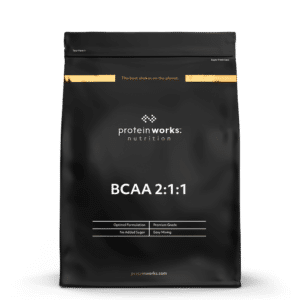

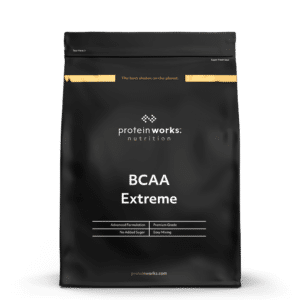
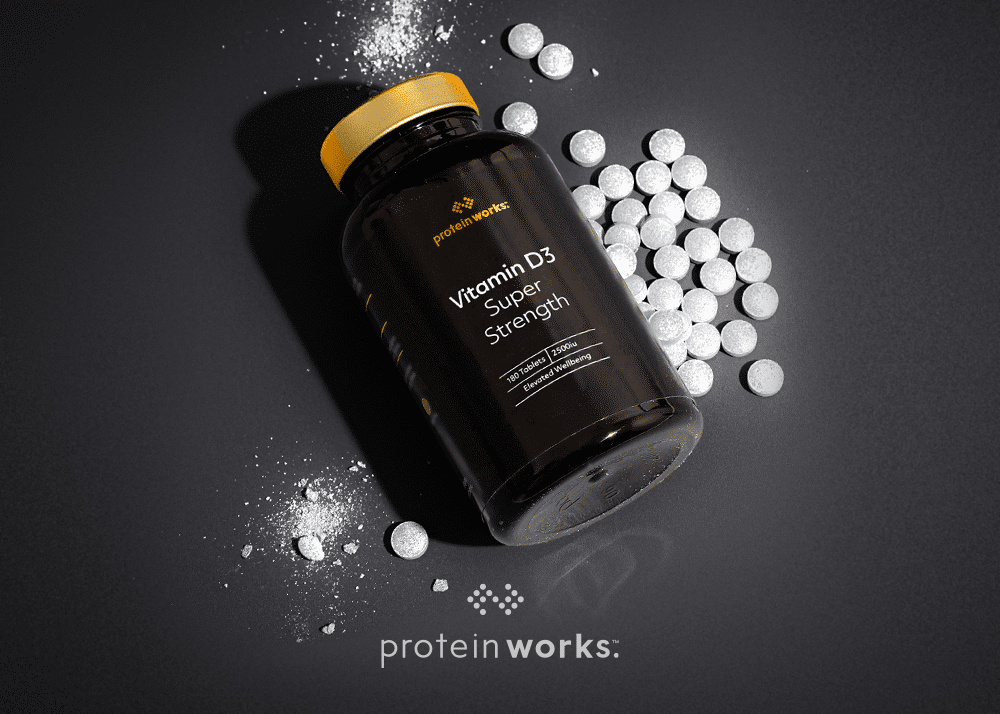
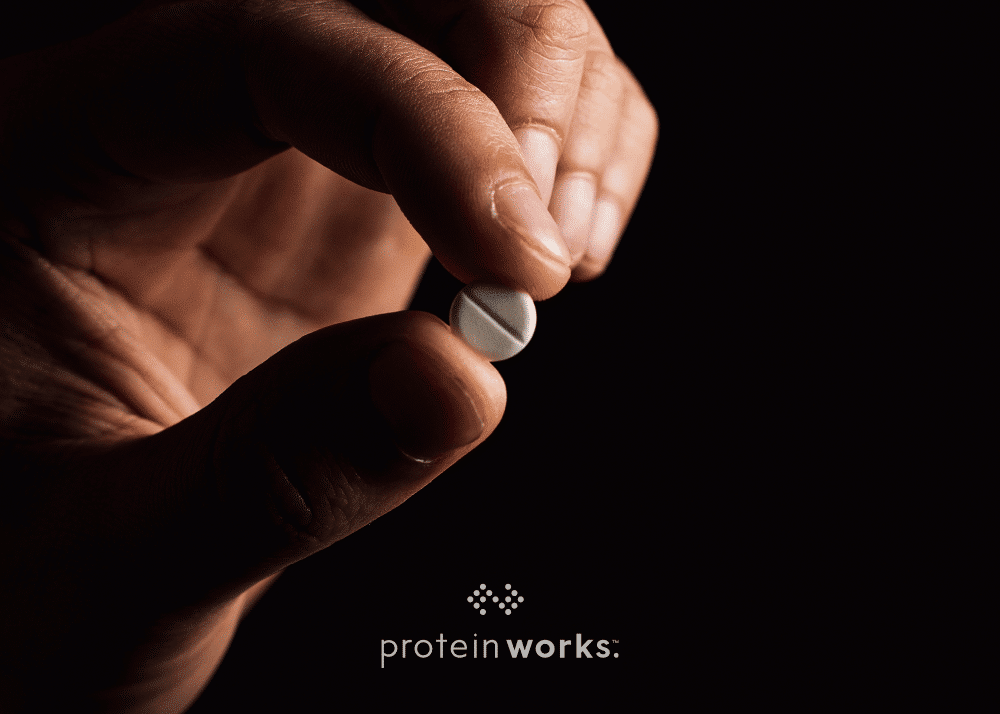
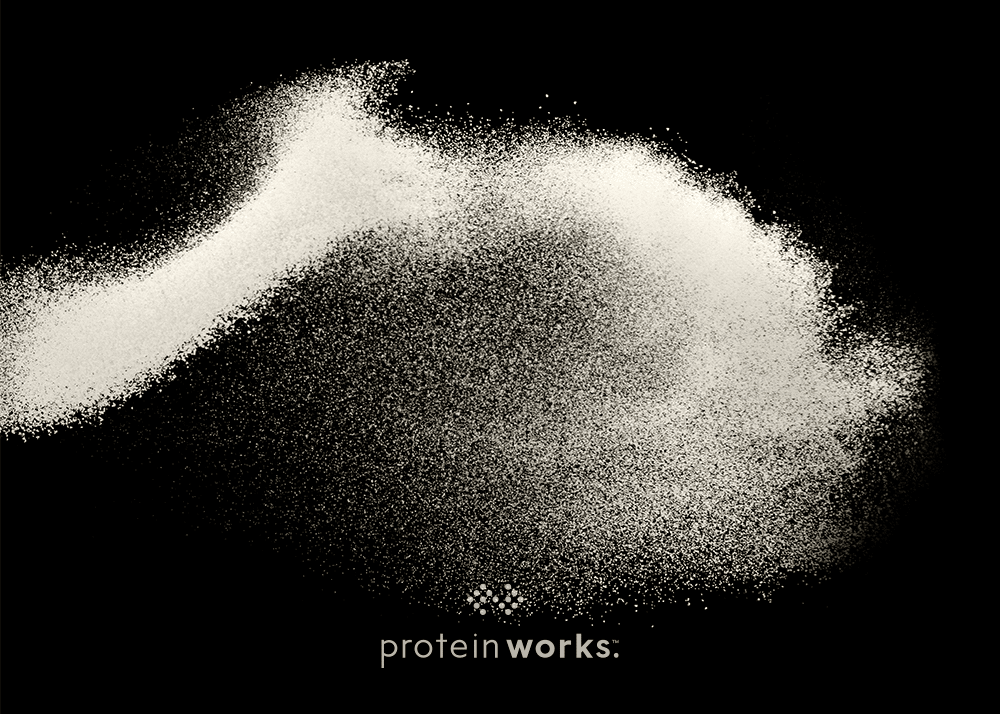

No Comments yet!